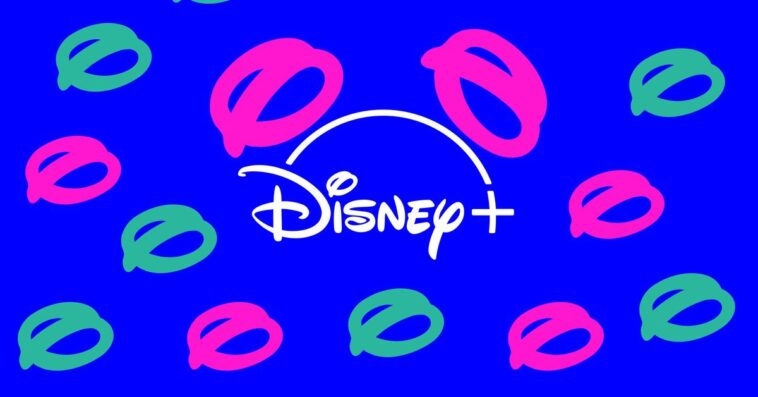# Disney Considers Taking Action Against Password Sharing
During an earnings call on Wednesday, Disney CEO Bob Iger revealed that the company is actively exploring ways to address account sharing and may soon put an end to password sharing on its streaming platforms. Iger stated that Disney intends to update its subscriber agreements with additional terms and sharing policies later this year. Additionally, the company plans to implement tactics to drive monetization by 2024.
While Iger did not disclose the exact number of individuals sharing passwords across Disney’s services, he acknowledged that the issue is significant. He also emphasized that Disney has the necessary technical capabilities to monitor account sign-ins, indicating its commitment to addressing the problem.
Iger acknowledged that the measures taken to combat password sharing may have some impact in the next calendar year, but he also emphasized that this issue is a priority for the company. Disney believes that addressing password sharing presents an opportunity to drive business growth.
In addition to this announcement, Disney also revealed plans to launch a new ad-free bundle, priced at $19.99 per month, which includes Disney Plus and Hulu. This bundle will be available in the US starting September 6th. As a result, the individual subscription prices for Disney Plus and Hulu will increase on October 12th. The ad-free plan for Disney Plus will cost $13.99 per month (up from $10.99), while the ad-free version of Hulu will cost $17.99 per month (up from $14.99). The ad-supported plans for both services will remain unchanged.
While Disney Plus experienced a slight decline in subscribers in the US and Canada, dropping from 46.3 million to 46 million, the company’s India-based Hotstar service suffered a significant setback. Hotstar lost over 12 million subscribers since April, leaving it with 40.4 million subscribers. This decline is largely attributed to Disney losing the streaming rights for the Indian Premier League (IPL) last year. In contrast, Disney’s other streaming services, including ESPN Plus and Hulu, experienced only minor fluctuations in subscriber numbers.
In a previous interview with CNBC, Iger shared his plans for the future of the entertainment giant, which include reducing spending on Marvel and Star Wars productions. He also expressed the possibility of selling some of Disney’s cable networks that are not considered core to its brand, such as ABC, FX, and National Geographic.
During the earnings call, Iger emphasized that the three main drivers of value creation for Disney in the next five years are its film studios, parks business, and streaming services. These three pillars are interconnected and intrinsically linked to Disney’s beloved brands and franchises.
In conclusion, Disney’s CEO Bob Iger revealed the company’s intention to crack down on password sharing by exploring various strategies to address the issue. Disney also announced the launch of a new ad-free bundle featuring Disney Plus and Hulu, along with a price increase for individual subscriptions to these services. Despite a slight decline in Disney Plus subscribers in the US and Canada and significant losses in their India-based Hotstar service, the company remains focused on maximizing value creation through its film studios, parks business, and streaming services.
Sources:
– “Disney to Launch Ad-Supported Subscription Offering in Several Countries Across Europe and in Canada on November 1” (Business Wire)
– “Q3 FY23 Earnings” (The Walt Disney Company)
– “Bob Iger Reveals Plans for Disney, Marvel, and ESPN Streaming” (The Verge)
– “Disney Loses Indian Premier League Rights, EPL More Than Doubles Viewers” (IndieWire)





